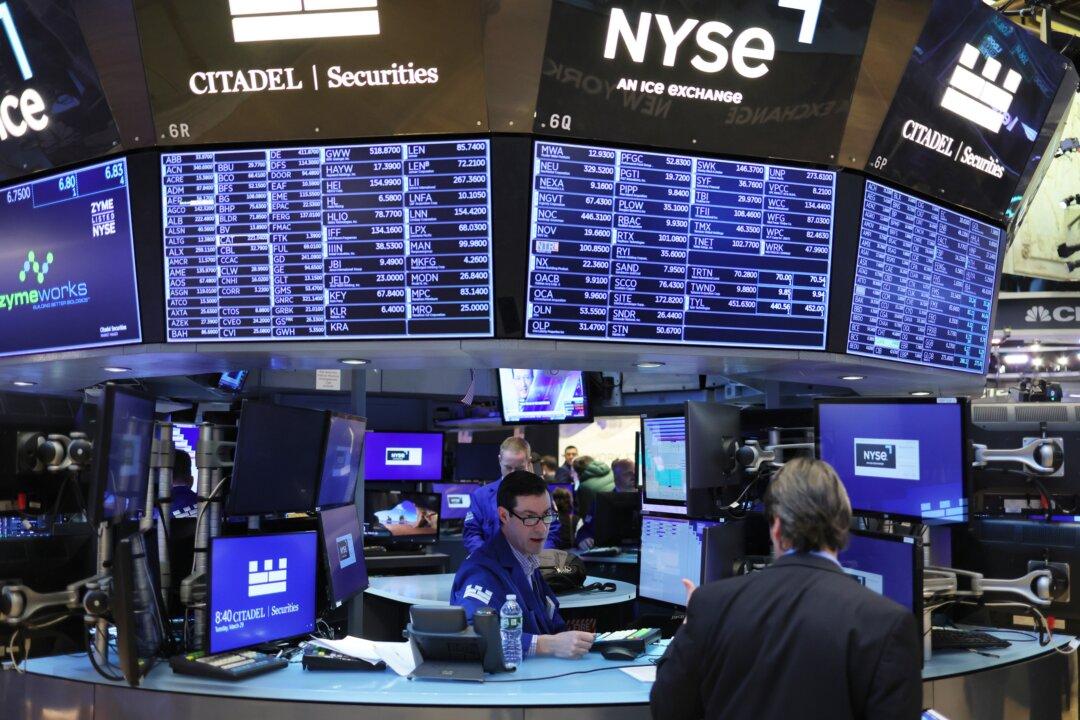The Dow Jones Industrial Average tumbled 1,164 points as of midday Wednesday amid fears of inflation and a looming recession.
Target’s shares dropped after it revealed that inflation-caused higher costs will hurt the retailer’s profitability for the rest of the year. A day before that, Walmart issued a similar profit report that it also blamed on inflation.





